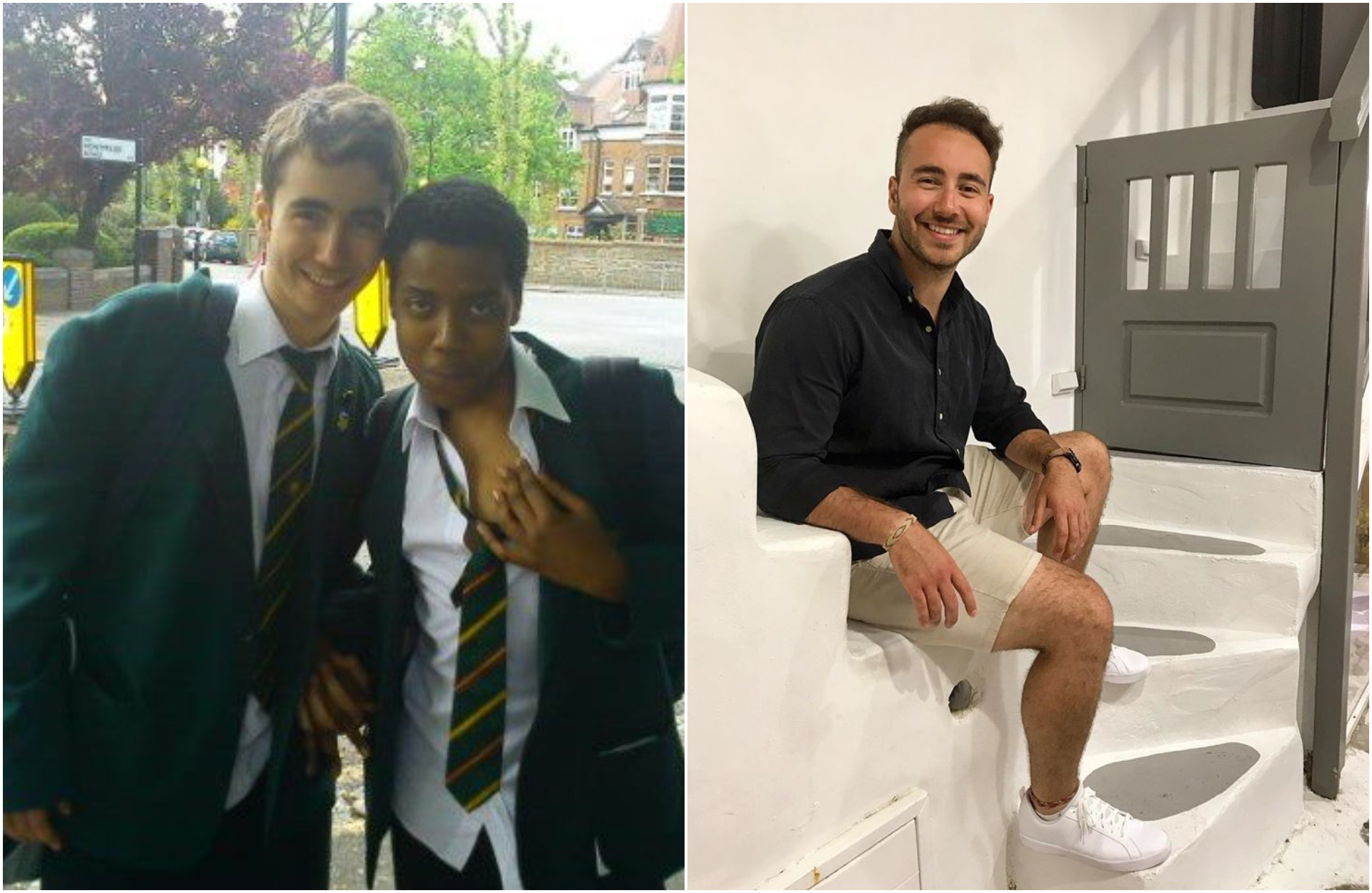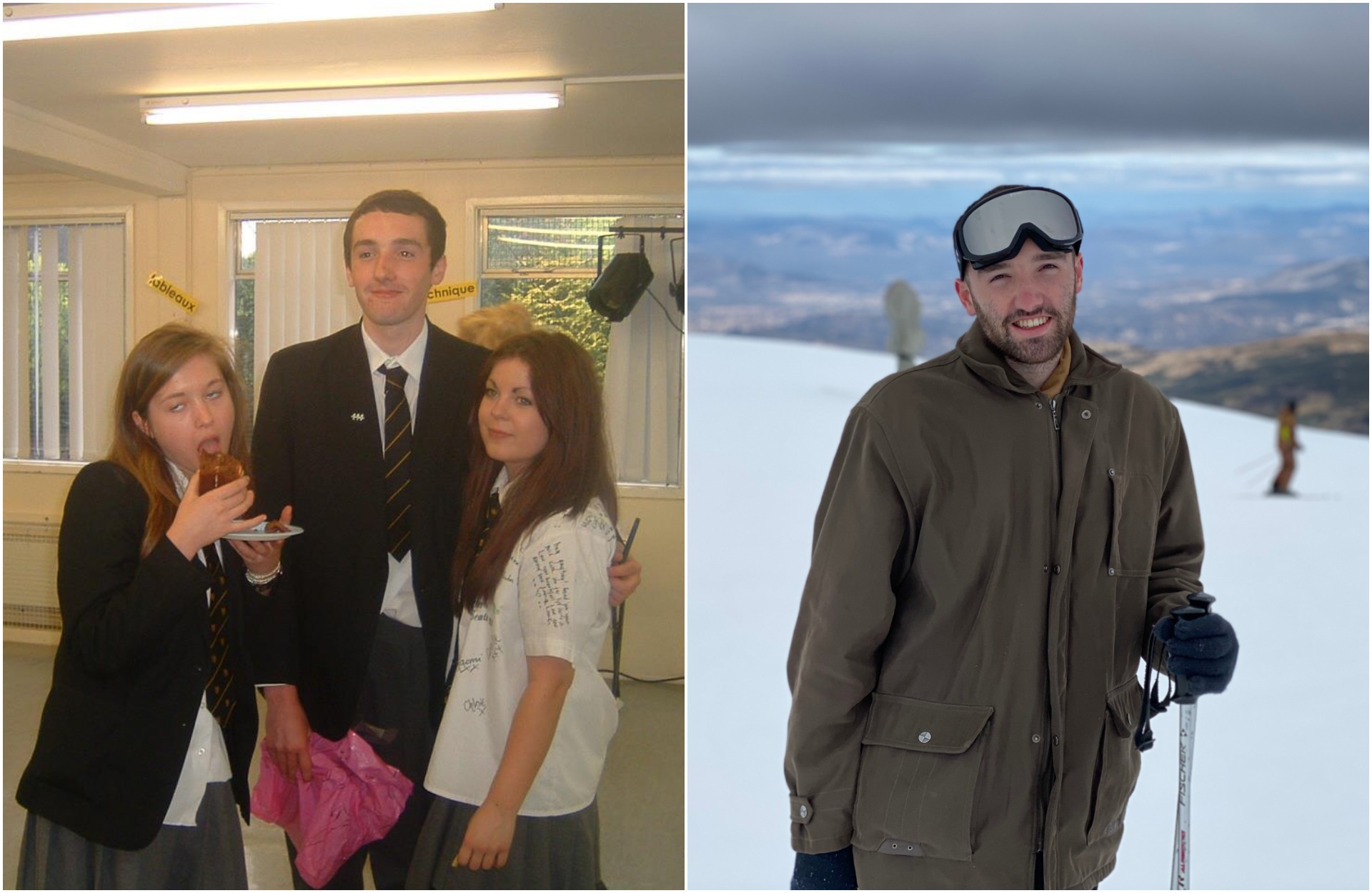Posh private or Joe public – is paying for an education worth it? Olive Press reporters Dimitris Kouimtsidis and Charlie Smith compare their own schools to find out
Private – Dimitris Kouimtsidis

WHEN my parents told me they were sending me to private school for my GCSEs, I didn’t know how to feel.
When you’re 14, all you think about is how sad it is leaving your friends and changing environments – from something where you felt comfortable to going somewhere strange and new.
But the older I get the more I realise how grateful I am to my folks for providing me with a jumpstart to adult life.
I did quite well in my GCSEs (A*s and As) and on my first day of Year 12, our Head of Sixth Form had a surprise for me and around 20 of my classmates: we were to be ‘tutored’ because we were considered prospective Oxbridge students.
Already we were a step ahead of other kids who were thinking about Oxbridge, as we had teachers actively helping us not only with our applications but with those all-important extra curricular activities.
The school actively promoted as many outside interests as possible so that we could become ‘well-rounded individuals’.
I may have not gone to either Cambridge or Oxford in the end, but I chose Leeds, a Russell Group University where emphasis is placed on developing students’ potential. Unlike my friends from state schools, most of my year ended up at Russell Group unis – it was the norm, not the exception.
Most people tend to not name their secondary school on their CVs but mine takes top billing, along with my university degrees.
That’s the sort of confidence that a private school education gives you, because I know what sort of closed circle it is. Anyone in West London will have heard about my school and know I’ve had a good education, automatically seeing me in a more favourable way. It’s my Gold Card.
State – Charlie Smith

MY state education gave me three qualifications I never expected: the confidence to perform on stage, the chance to experience new countries and the best way to deal with bullies.
I attended a secondary school and sixth form centre in Oldham for a combined seven years.
My C of E school definitely stood out from the rest in what is one of the most deprived areas of the UK. Indeed it was frequently rated ‘outstanding’ by Ofsted.
Students were from a range of backgrounds, from the less affluent to those used to being ferried about in mummy and daddy’s Land Rover.
We were lucky enough to visit some amazing corners of the world on school trips, including Iceland, Ecuador, the Galapagos Islands, Paris and of course, Chester Zoo.
However, closer to home, you didn’t need 20-20 vision to see that the facilities could have done with a lick of paint – or two.
Martin – the school’s beloved janitor – was tasked with keeping tabs on pretty much the whole school grounds, from the decrepit lighting and plumbing to the decades-old woodwork machinery.
Even as a young teen, you got the sense that the budget of a private institution might have made school a more comfortable place to learn, especially in winter.
There were exceptions, such as our fantastic drama studio and science labs, however the yellowing and dogeared 1970s textbooks in our language classrooms left a lot to be desired.
I had some inspiring teachers, who helped me in my successful university application to King’s College London.
But lessons often spiralled out of control. With classes frequently numbering 30 students or more, things can get rowdy.
Smaller class sizes and more one-to-one contact time, in line with the private school model, would definitely have been beneficial.
Apart from having to stand up to the occasional bully my school days were some of the best of my life. But there was always the feeling that a private school might have done just that bit more. Hence, my report card to my alma mater reads: Needs to pay more attention to detail.
Click here to read more Education News from The Olive Press.








